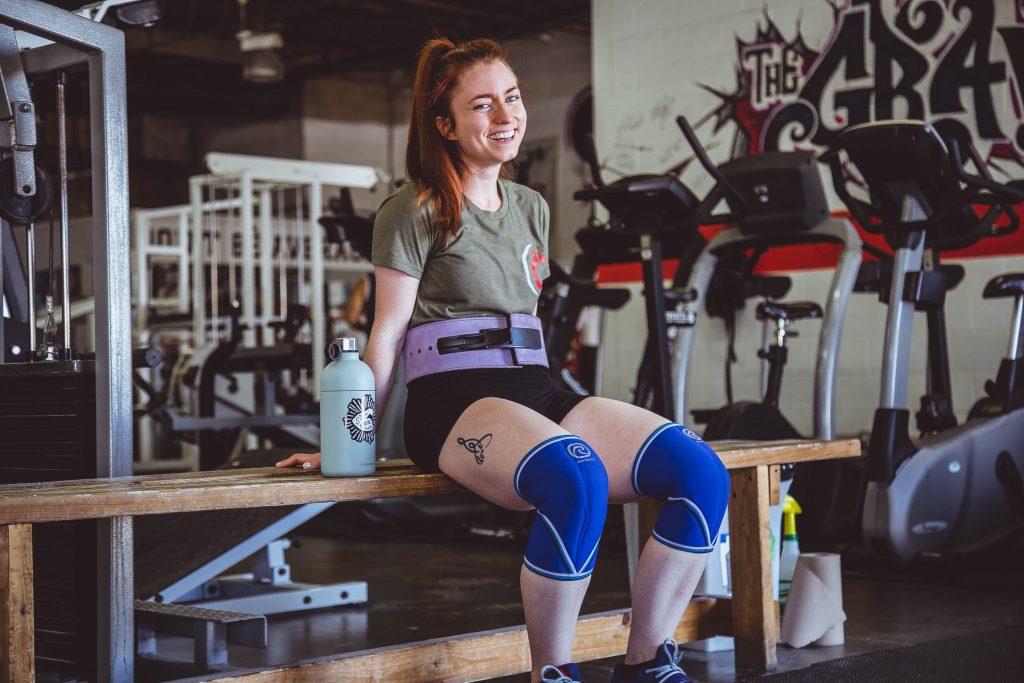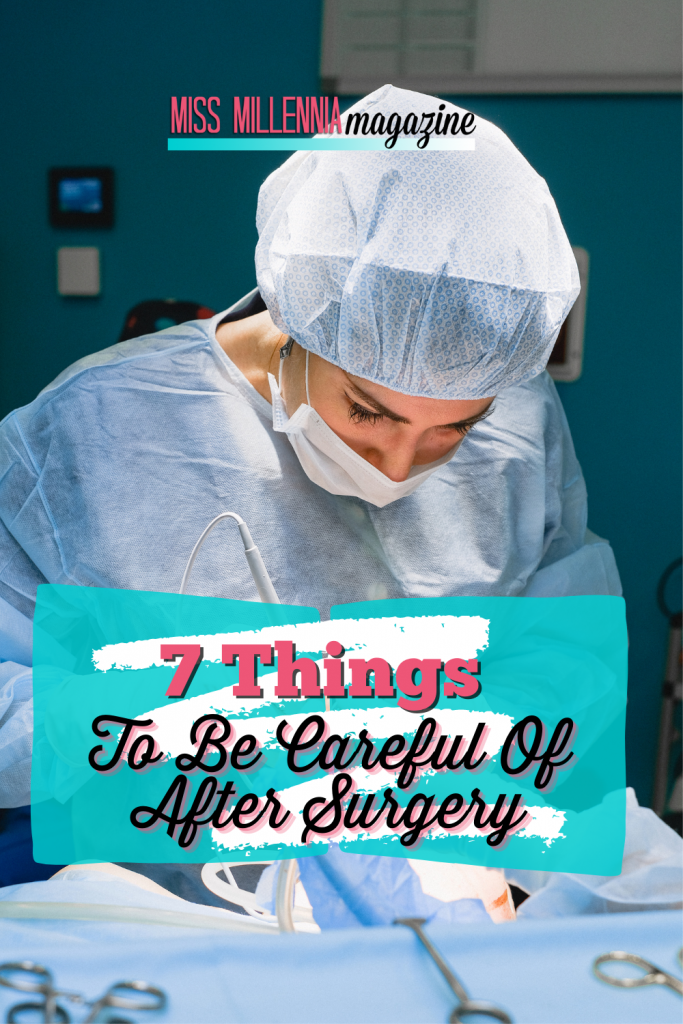7 Things To Be Careful Of After Surgery

In order to make a smooth recovery from surgery, there are certain things you must do and certain things you must not do. Following these recovery steps will ensure that any surgery scars heal well and that you do not end up back in the hospital.
A doctor will usually go through surgery recovery steps with you, but many of us need a reminder. Below are just some of the things you need to be careful of after surgery.
#1: Driving
You will usually be advised not to drive a vehicle for a few days after surgery. This is for two reasons. The first reason is that you may still be feeling the effects of anesthesia, and so your judgment and reactions may be impaired.
The second reason is that driving can often aggravate scars – while it may seem like you’re sitting down and not doing much, all that steering, turning around, and changing gear can result in sharp movements that could open up an incision scar.
If you need to get somewhere by car a couple of days after surgery, you should ask someone else to give you a lift. If you drive for a living, you may have to take some time off.
#2: Heavy Lifting
Lifting heavy objects puts a strain on our muscles. This in turn may cause surgery scars to open up if you’re not careful. As a result, you should avoid doing any heavy lifting for two to three weeks after surgery.

This doesn’t just include large boxes and furniture – you should ideally avoid lifting anything over 10 pounds as even a mild strain can cause pressure. Ask other people to carry heavy items like shopping bags for you. If you have young kids, try to resist picking them up or carrying them.
#3: Sleeping Position
Depending on where the surgery was performed, you may be asked to sleep in a certain position for a few weeks afterward. This can prevent you from rolling onto your scar and irritating it, or straining it.
Different types of surgery will require sleeping in different positions. For example, after breast surgery, you may be asked to sleep on your back.
Make sure to ask your doctor about when you can change your sleeping position. For example, when can I sleep on my side after breast augmentation? If you’re a side sleeper, it could be tempting to sleep on your side after a few days to get a better night’s sleep, but if you do it too early you could negatively impact the healing process.
#4: Using the Toilet
Constipation is a common issue after surgery and it can be one of the biggest obstacles in the way of recovery. It is a common side effect of undergoing anesthesia and pain medication.
Unfortunately, constipation can cause people to strain while on the toilet – which can cause scars, particularly around the abdomen, to open up. Even bloating from constipation can aggravate scars.
Hospitals often offer laxatives to patients after surgery to help soften stools. Make sure to accept these laxatives so that you’re not back in hospital in a few weeks. When it comes to surgery involving the digestive system, specialist recovery advice will usually be given to avoid scars getting aggravated.
#5: Being Physically Inactive
It’s important to get rest after surgery, but you should be careful of being too physically inactive. Lying in bed all day or lying on the couch all day could slow down your recovery.

This is because mild exercise reduces inflammation. It also helps to wake up the digestive system, which could reduce issues like constipation. On top of this, it’s good for pain relief – exercise releases endorphins that can help to fight pain.
Just what type of physical activity should you be doing after surgery? Definitely not anything strenuous – you should avoid weight lifting as already mentioned, and avoid jumping or running. You should also avoid swimming as it will likely irritate the scar. Walking is the best option – a five-minute walk per day may be all that’s needed.
#6: Keeping the Wound Clean
Keeping the wound clean will prevent infection. But just how should you keep your wound clean?
A doctor will usually advise against getting the wound wet in a bath or shower, and you should not scrub at it. Instead, the best way to keep it clean is to dab at it with a soft cloth or gauze pad that has been dipped in soapy water. You can also dip a cloth or gauze pad in salty water. This should be done daily.
Try to avoid contact with dirt and other substances. You should also be careful of sweat – if you’re constantly sweating throughout the day and this getting into the incision, you may need to do more regular cleaning.
#7: Taking Pain Medication
Many people experience pain after surgery. This is usually managed by taking medication. For minor surgery, a doctor may advise that you stick to over-the-counter medication. In other cases, you may be prescribed more heavy-duty painkillers (usually opioid-based).
It is important to get the dosage right when taking pain medication. Overdosing could be dangerous in some instances or could simply encourage addiction. When taking two types of medication, make sure that they are OK to take together – there may be some over-the-counter painkillers or drugs for other conditions that you cannot take with morphine. In some cases, you may also be advised against consuming alcohol.
Pain medication is something you should try to wean yourself off of as soon as you can. This can prevent you from developing an addiction with withdrawal symptoms. A doctor may be able to help you lower your dose gradually.
If you are taking pain medication and still in a lot of pain, it could be worth consulting your doctor. You may need to have your dosage upped or you may need to use another form of pain relief. Alternatively, the extra pain you’re feeling may not be normal and may be worth investigating (mistakes like leaving objects inside patients do occur, which could cause unnecessary pain after surgery).









